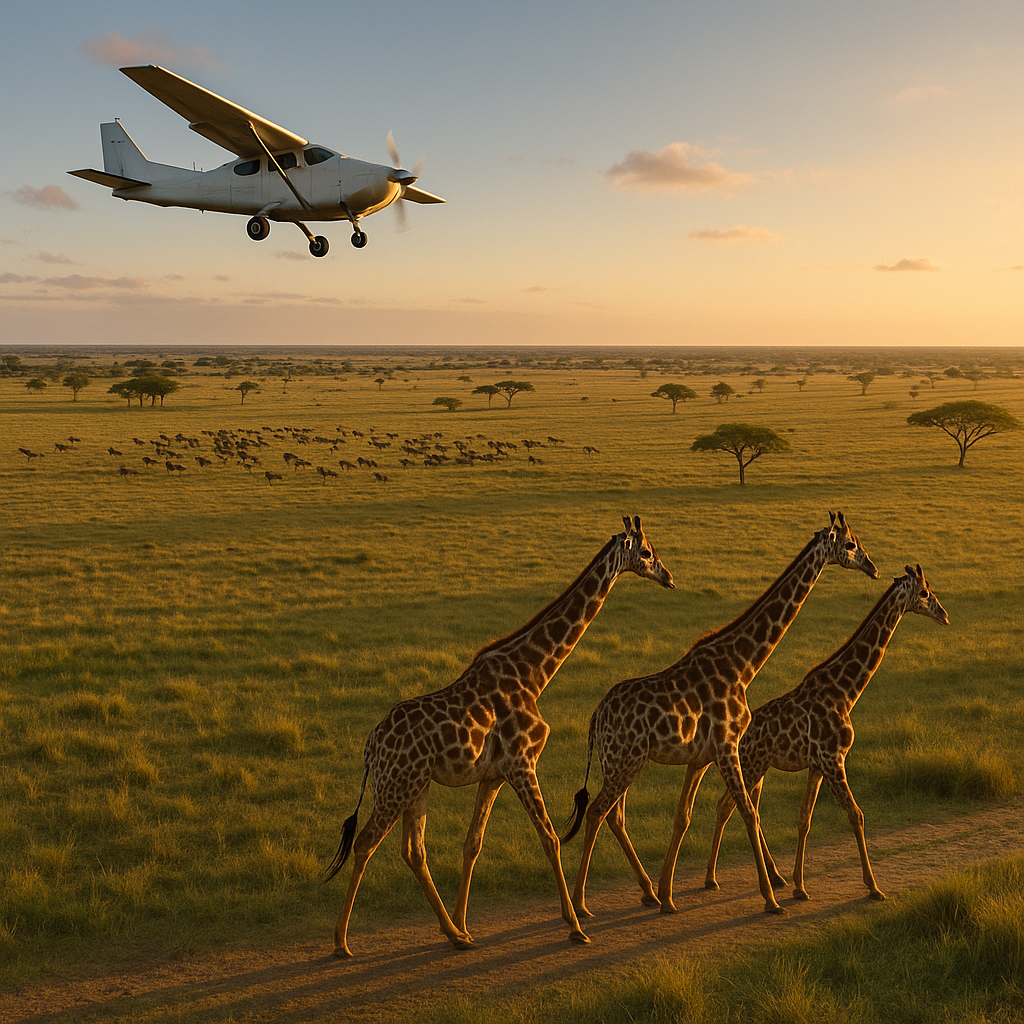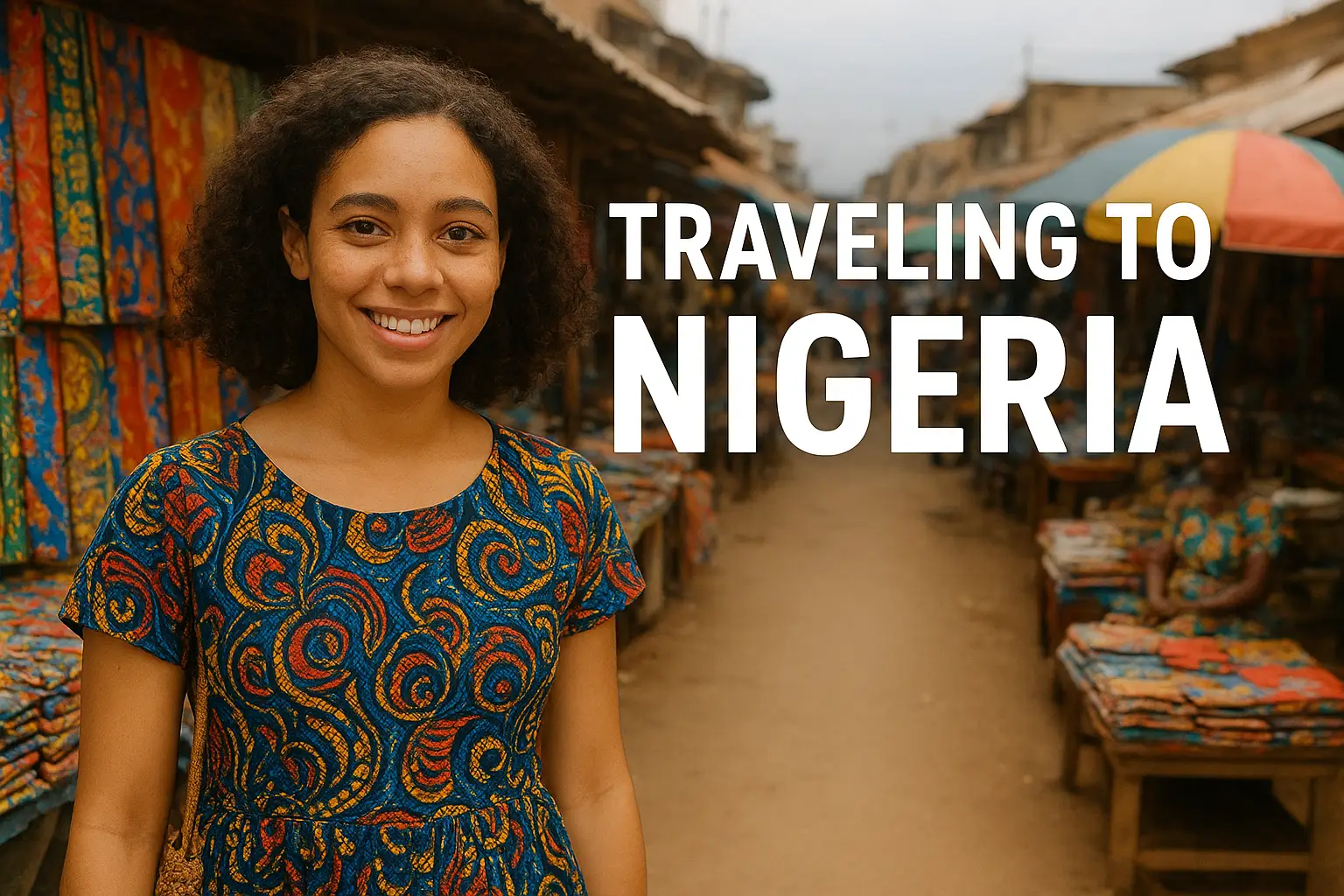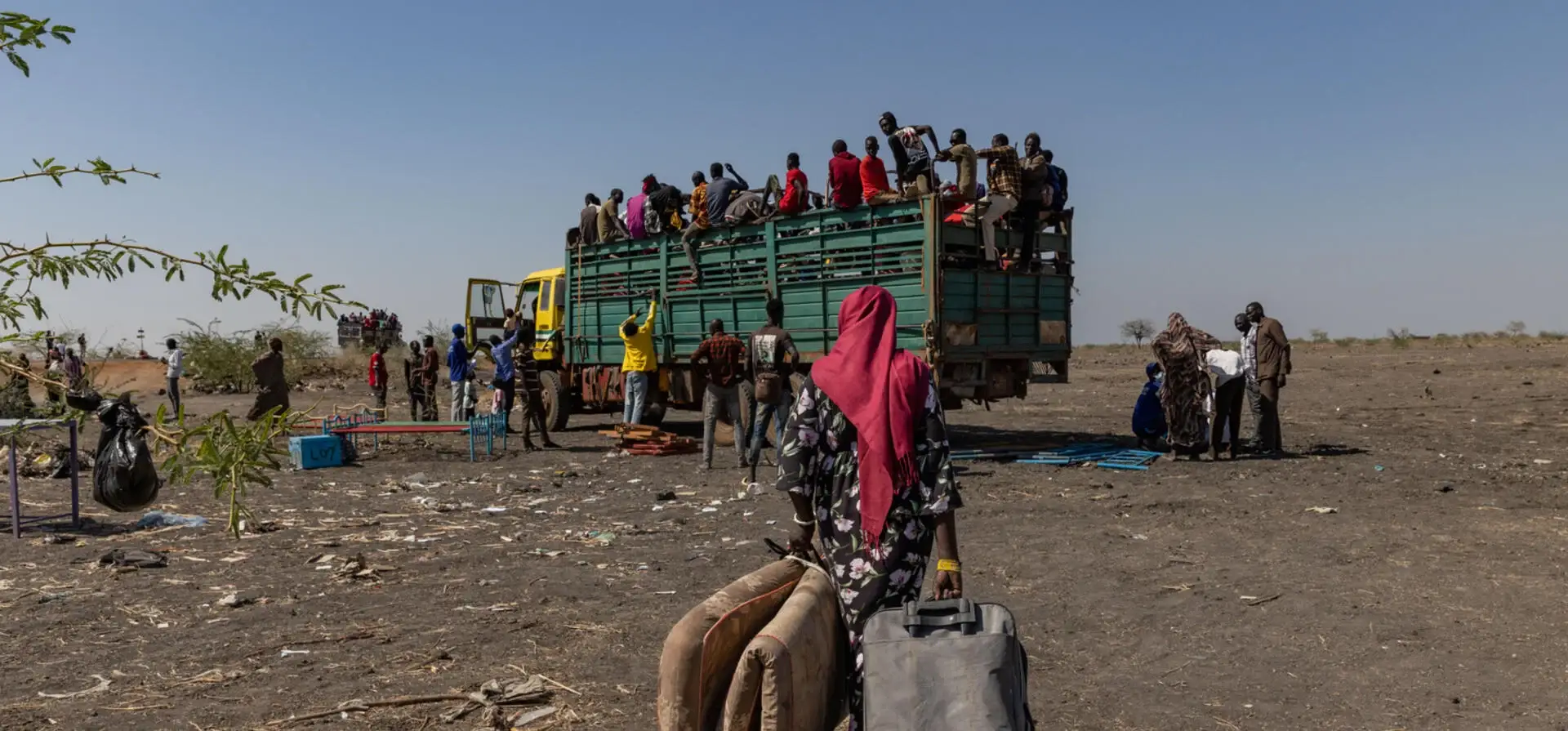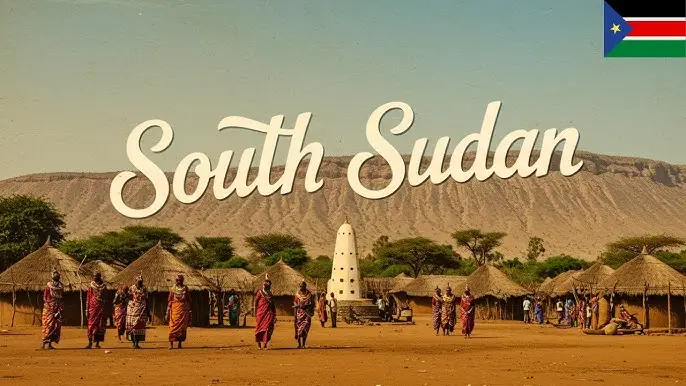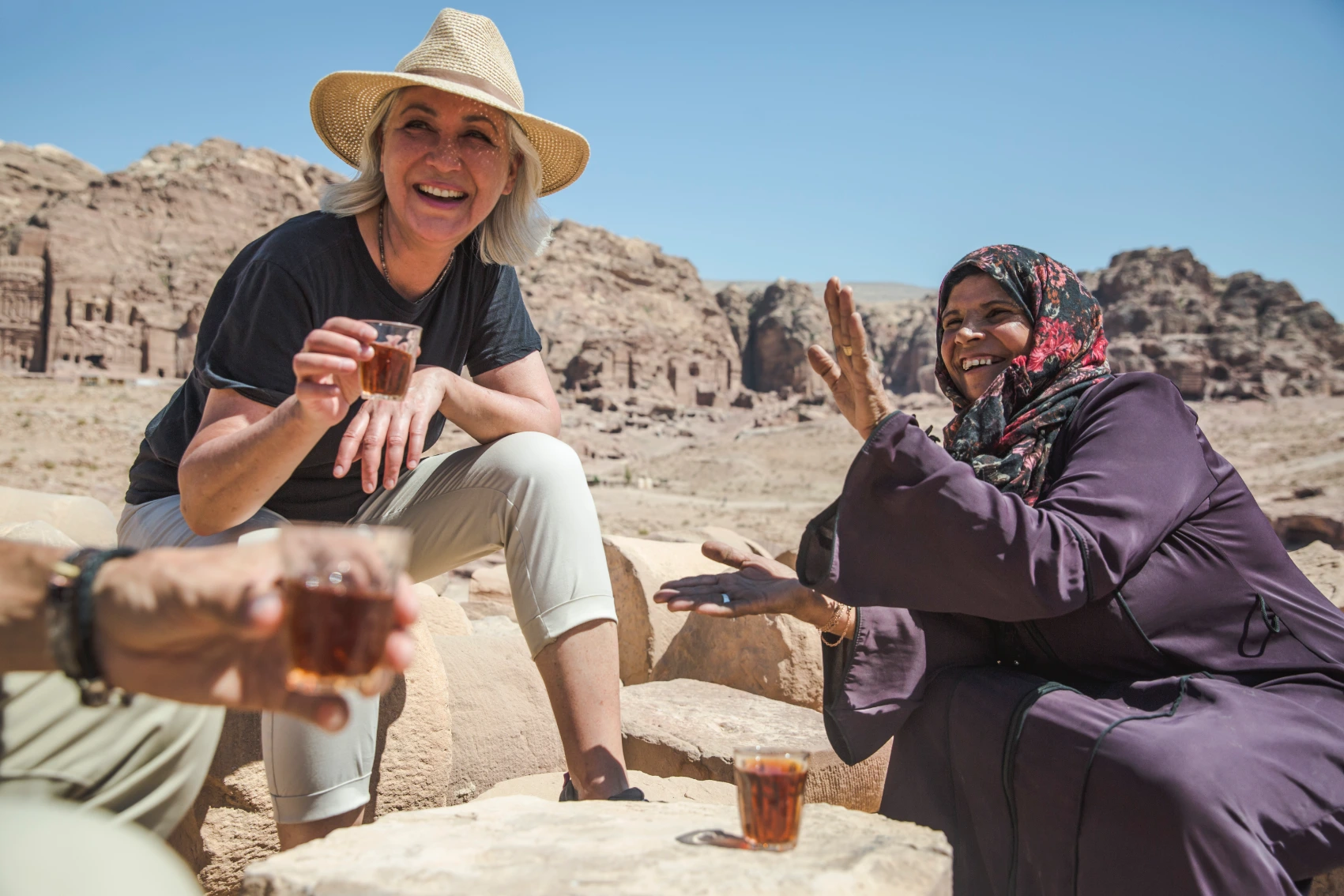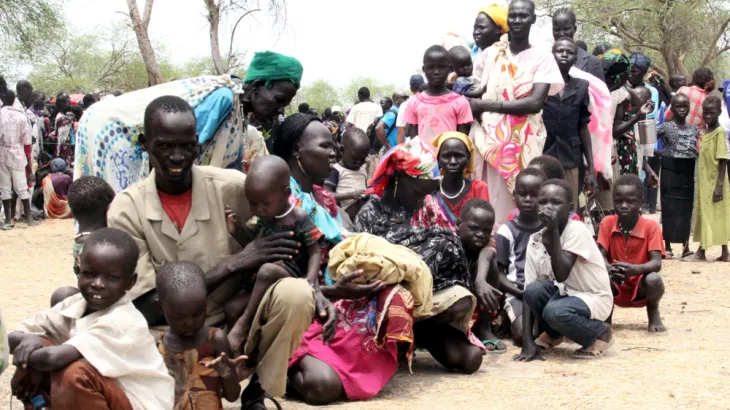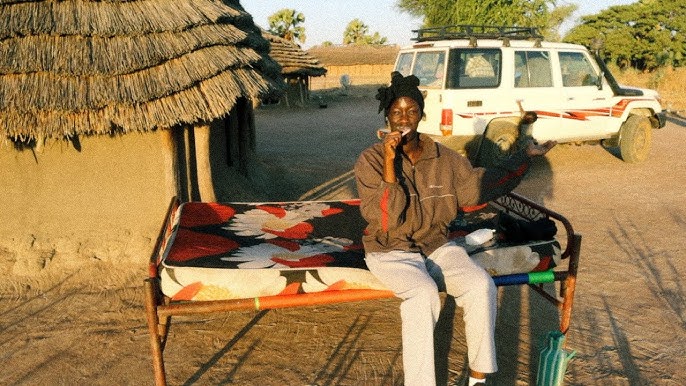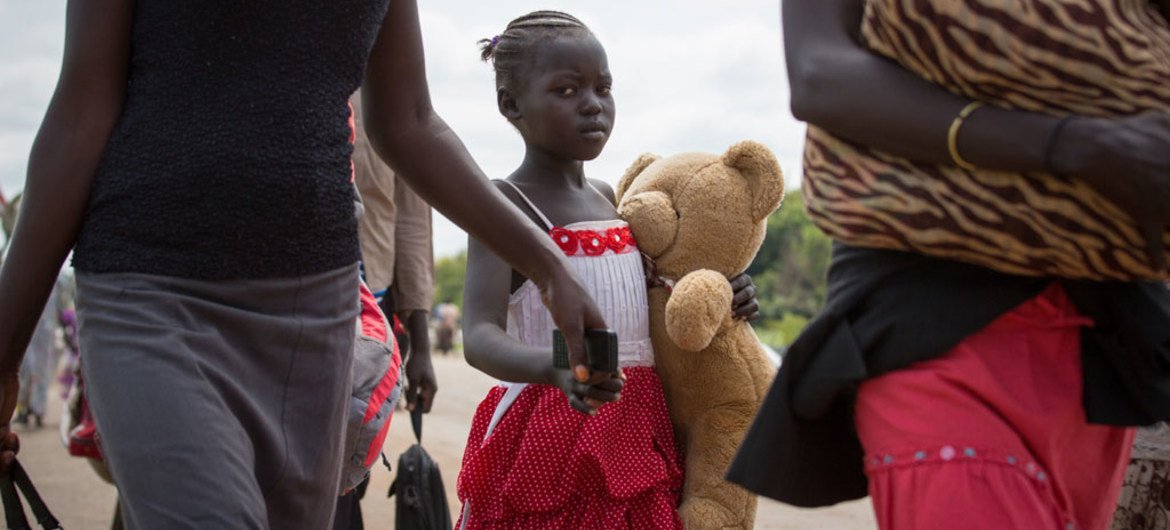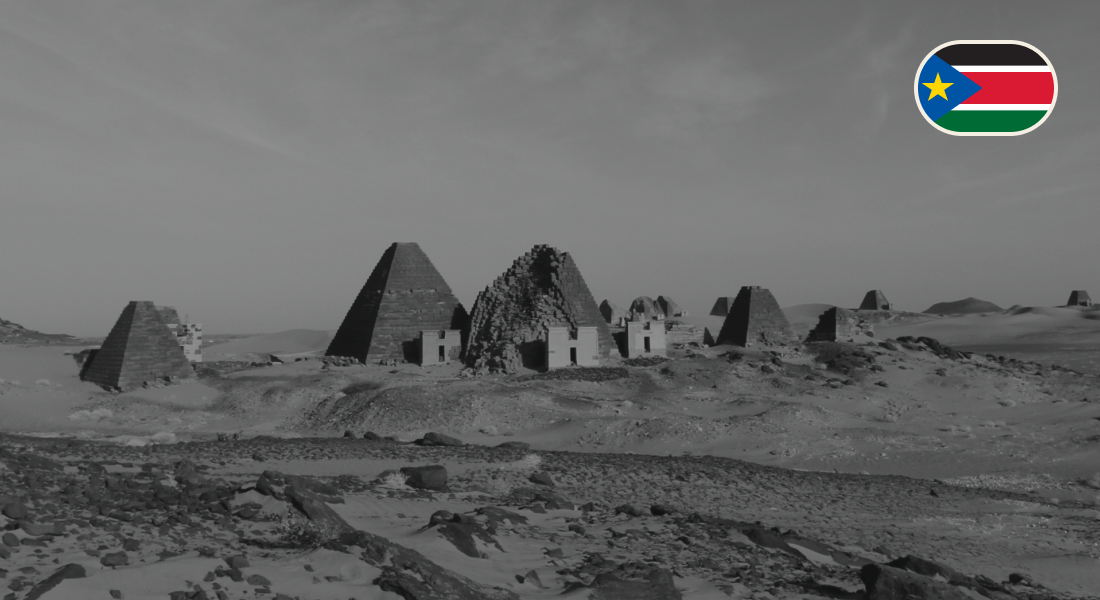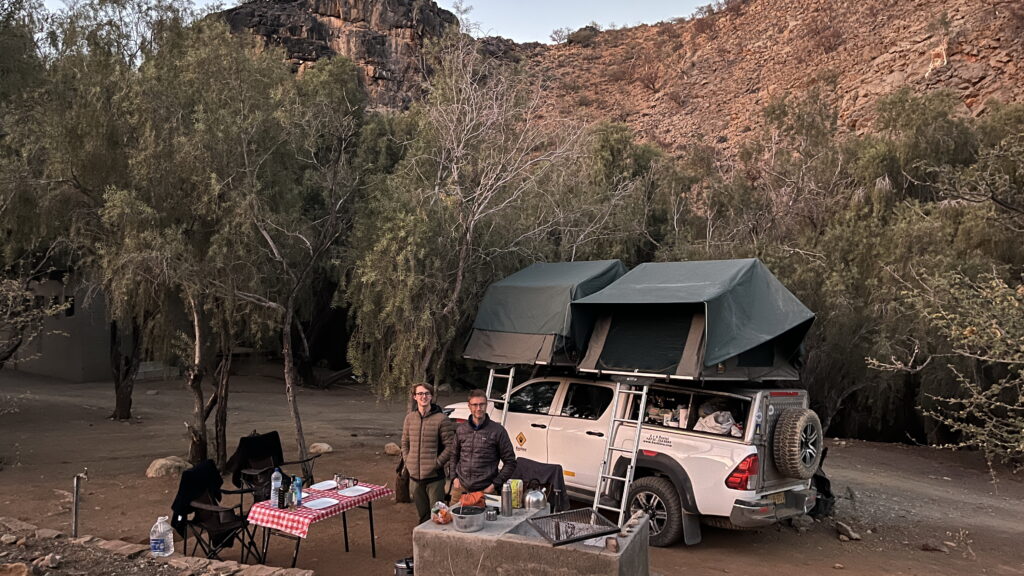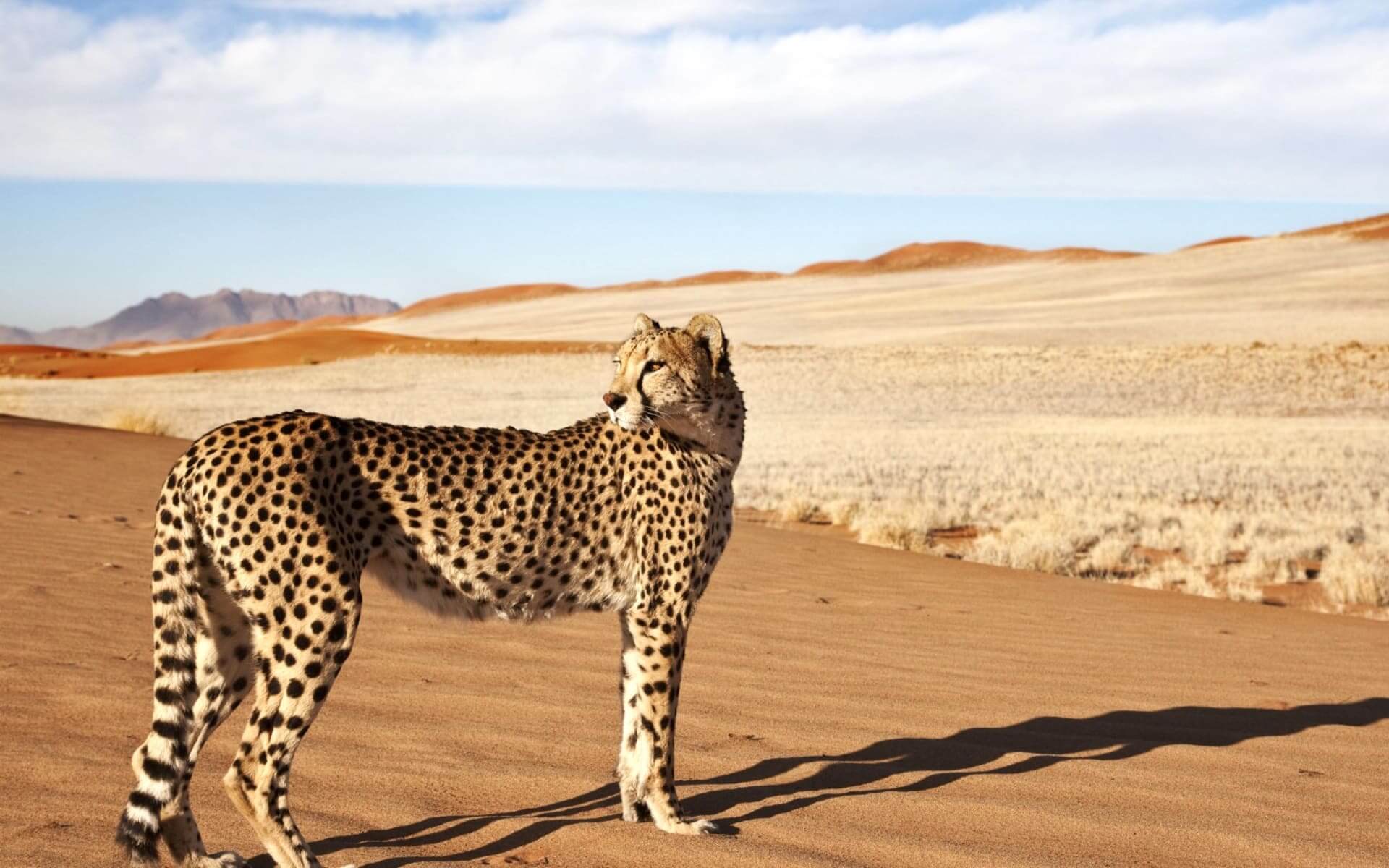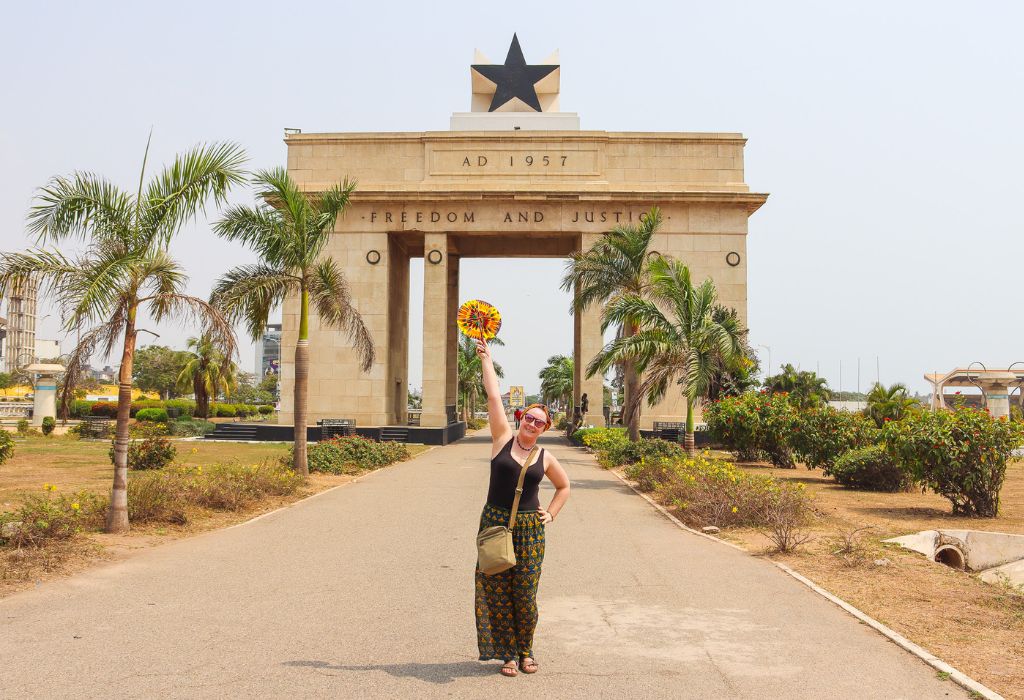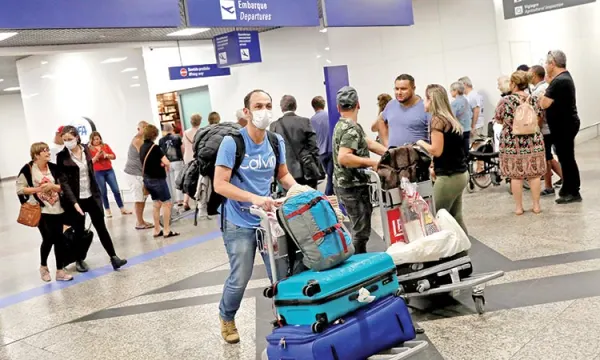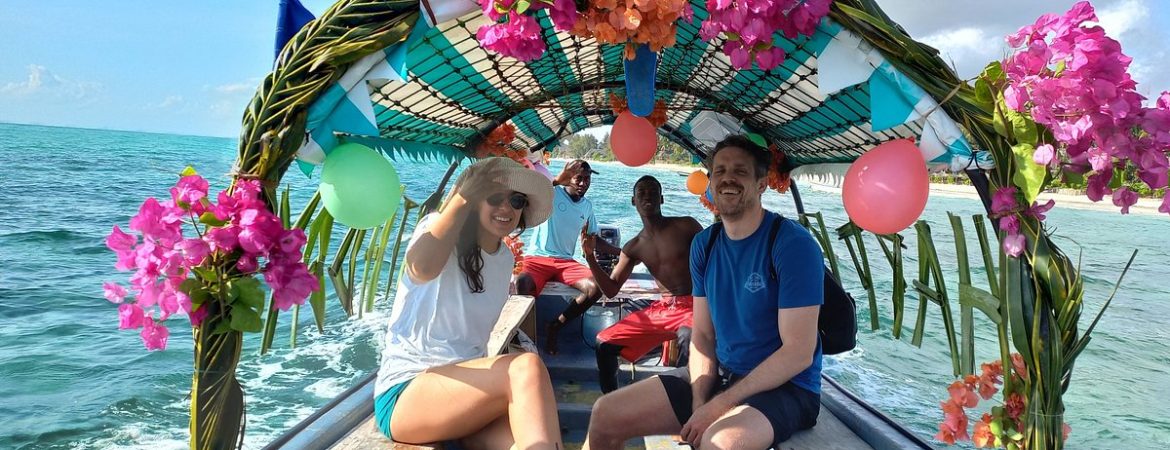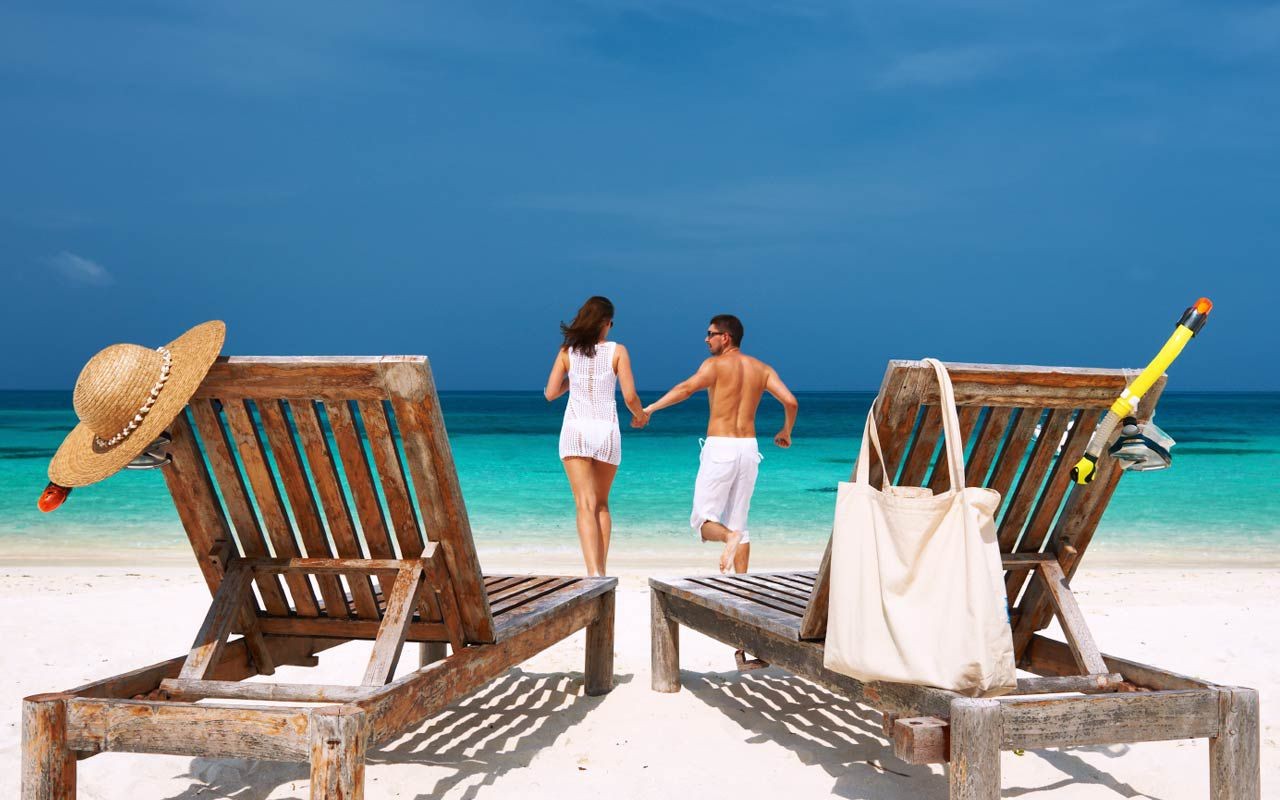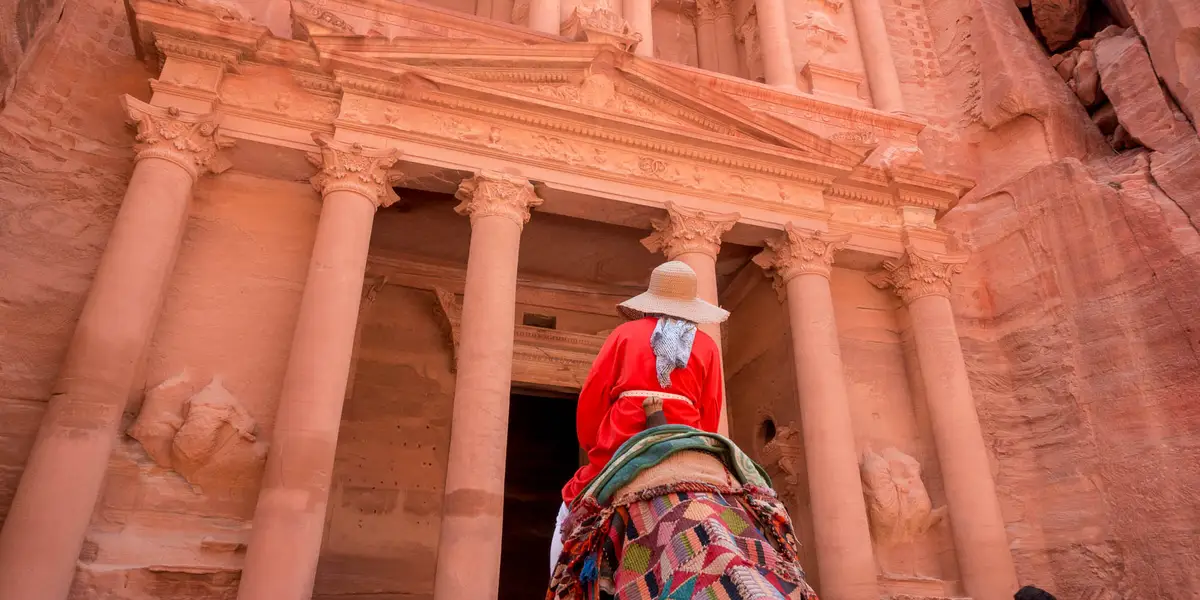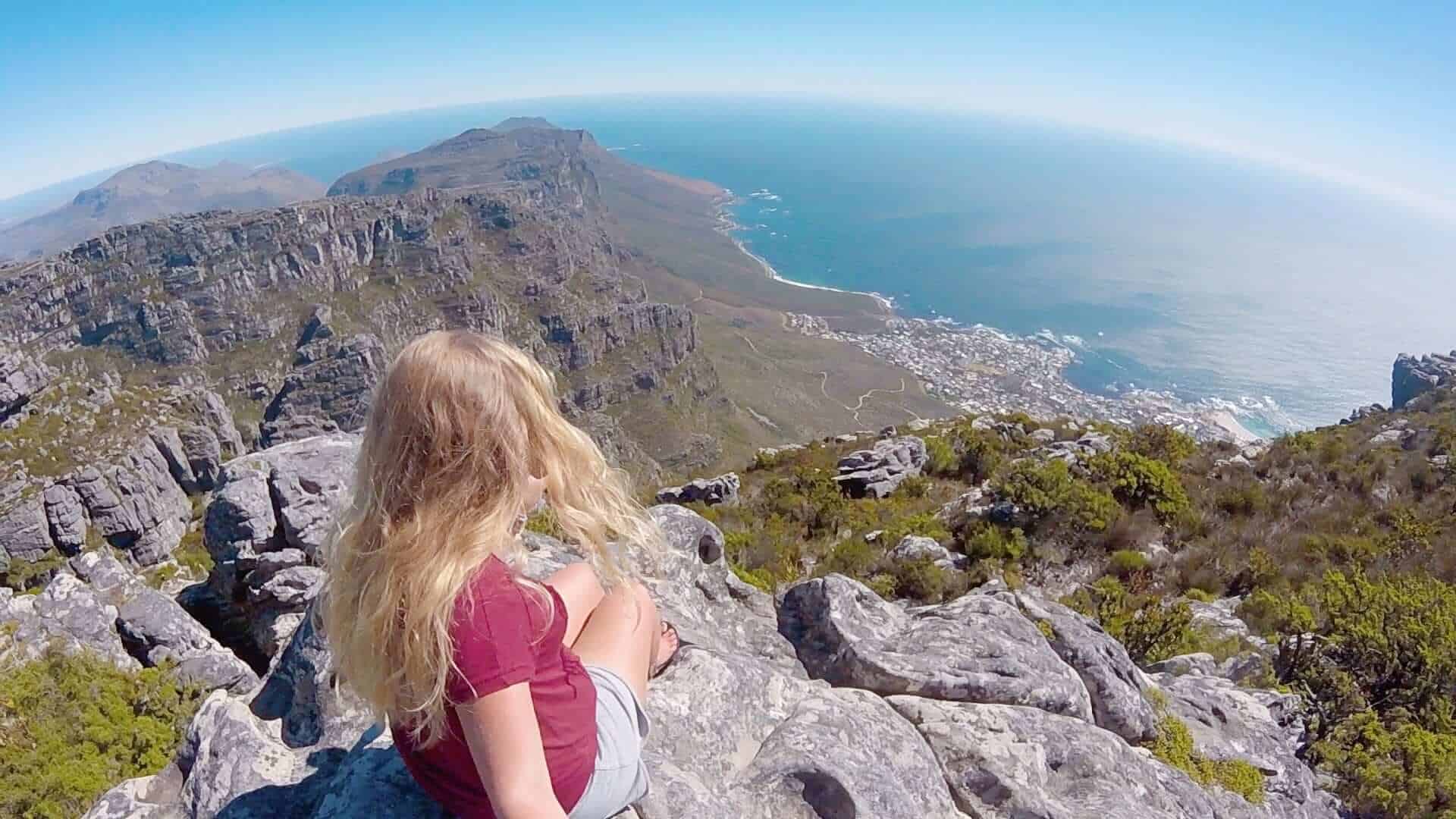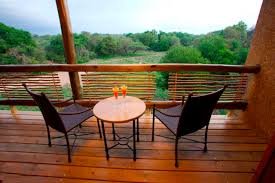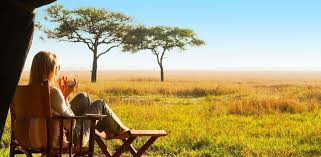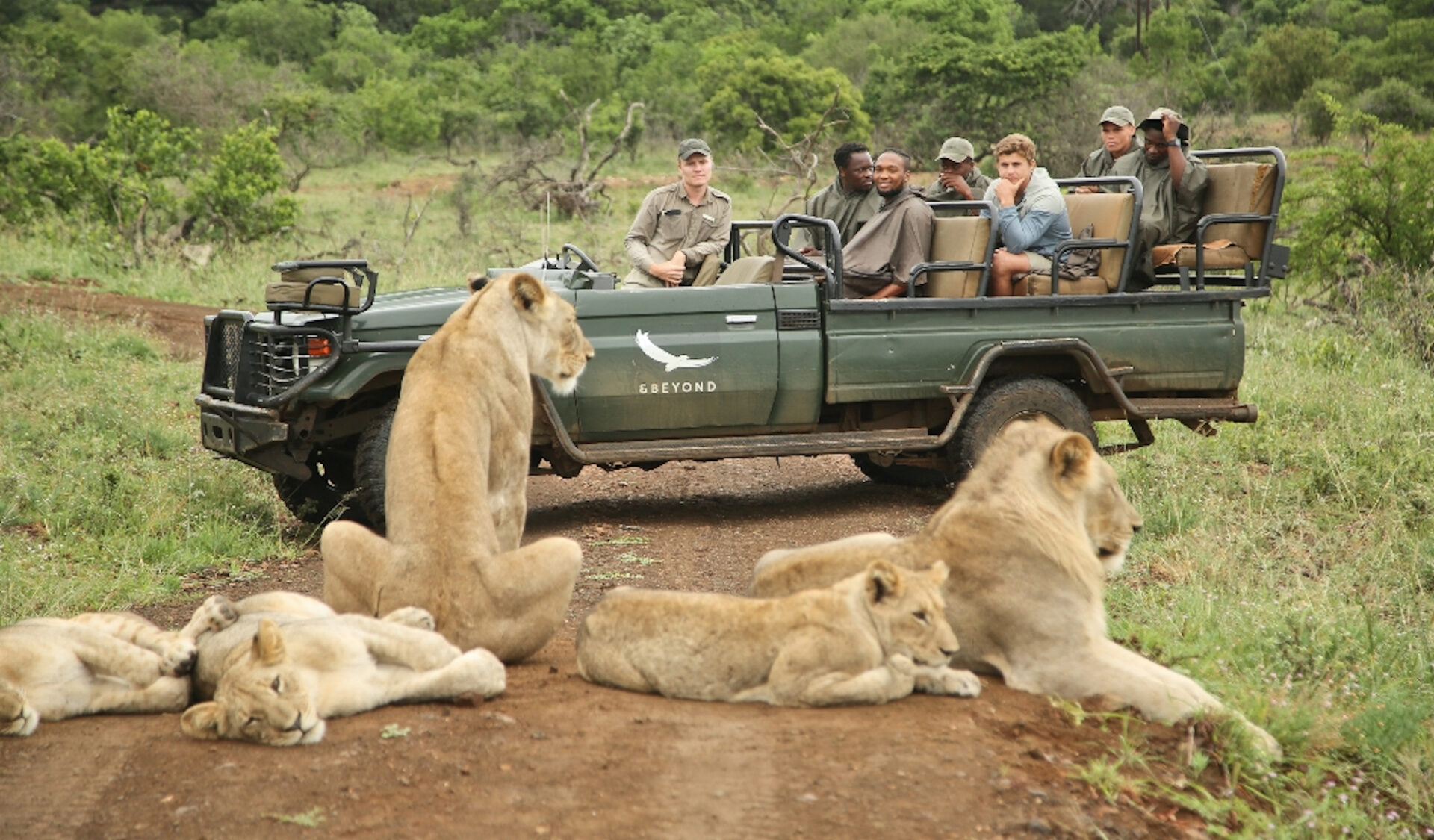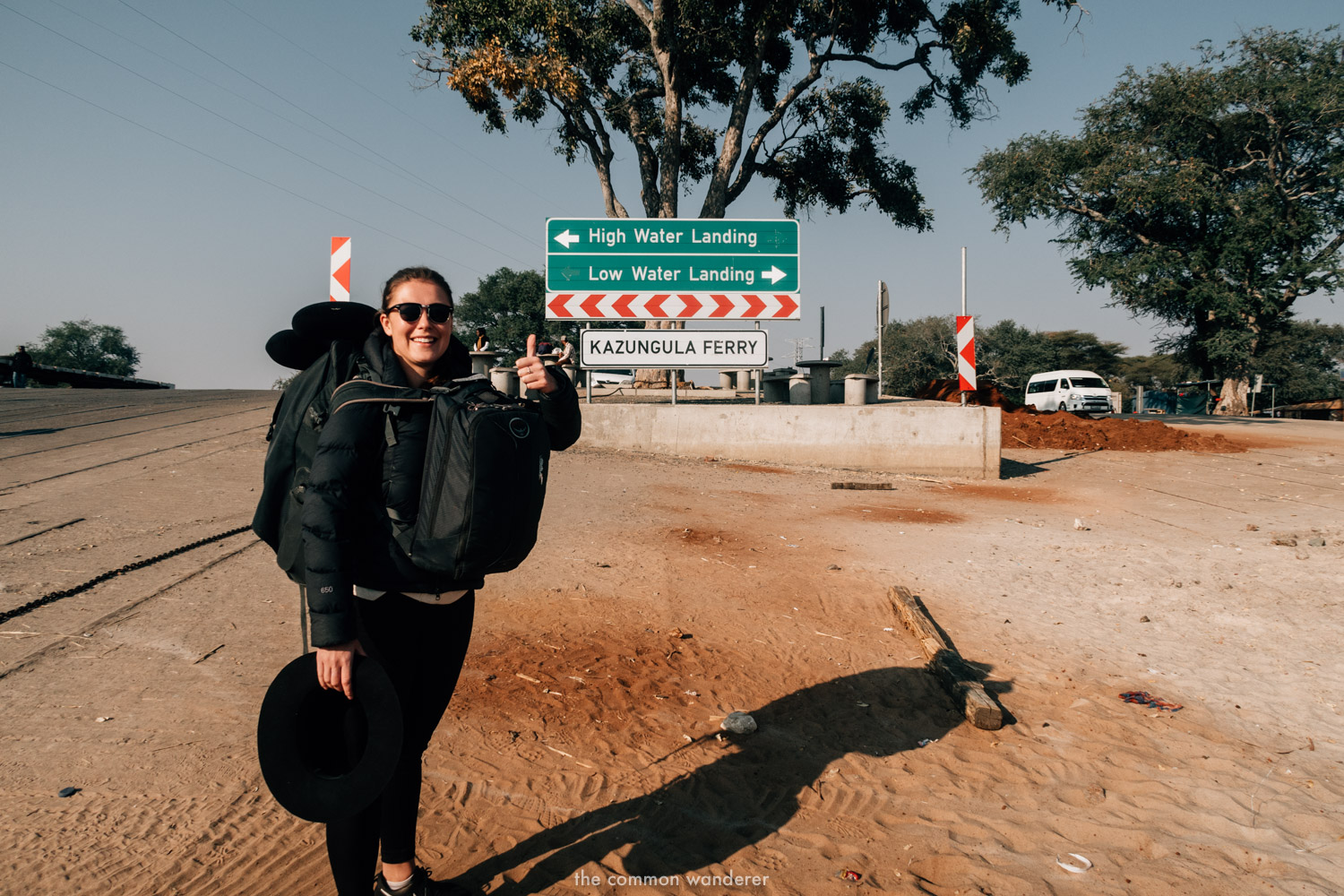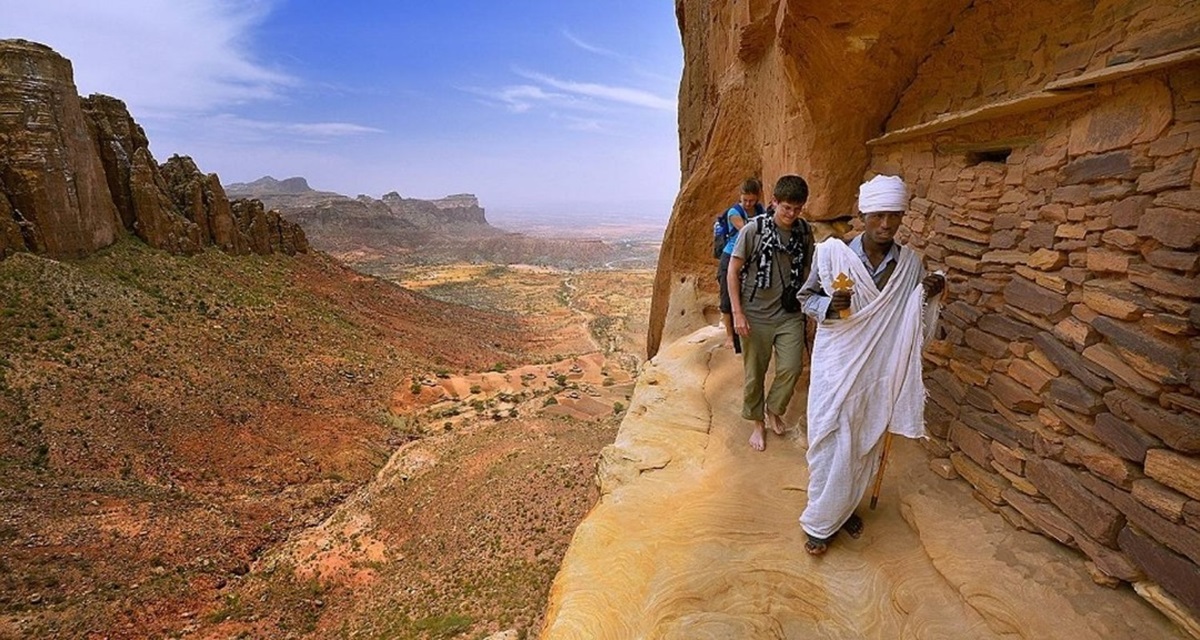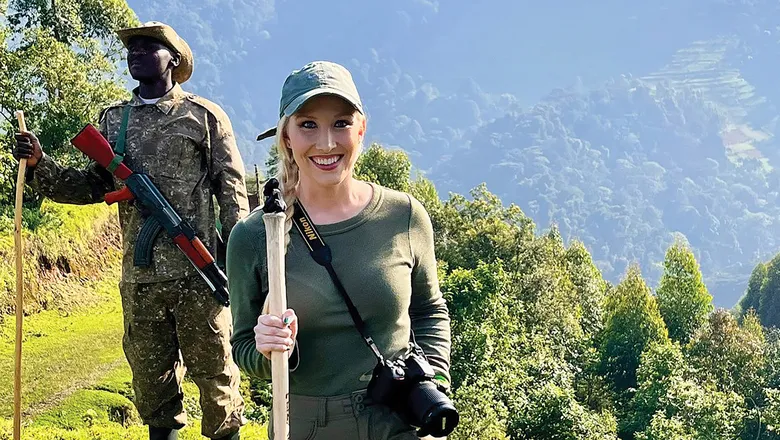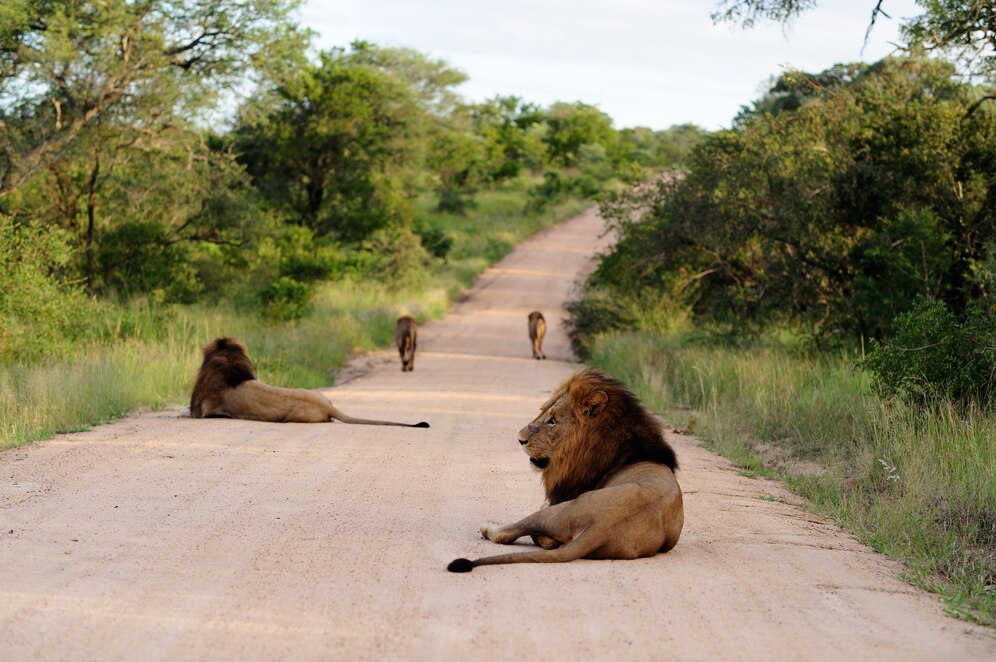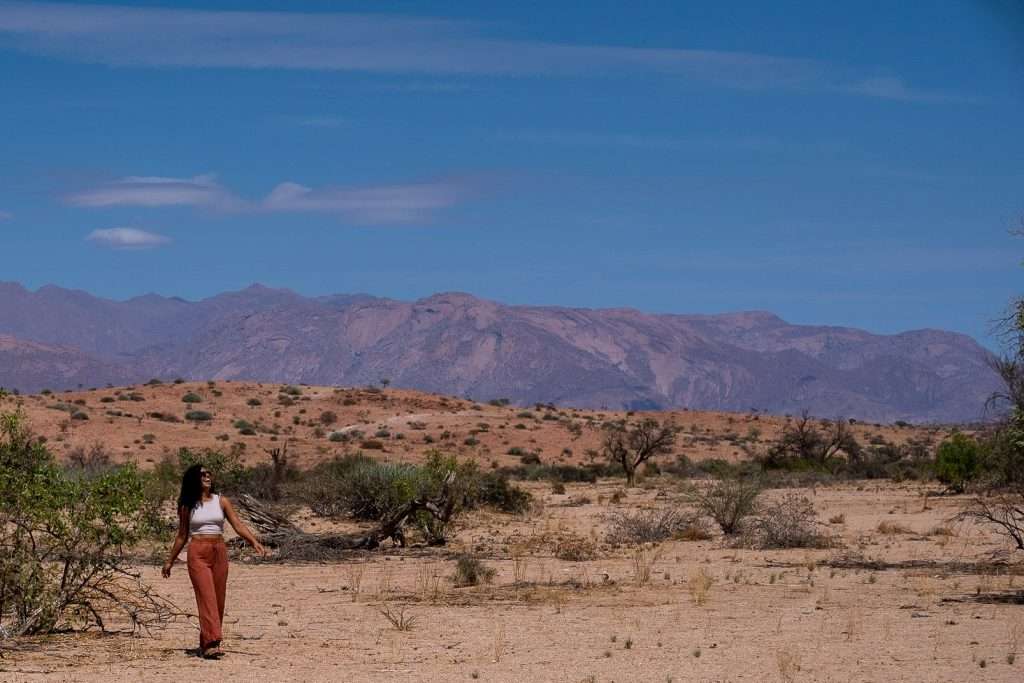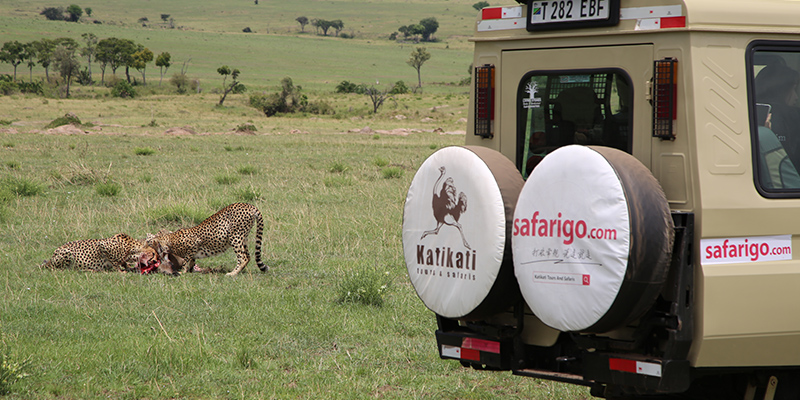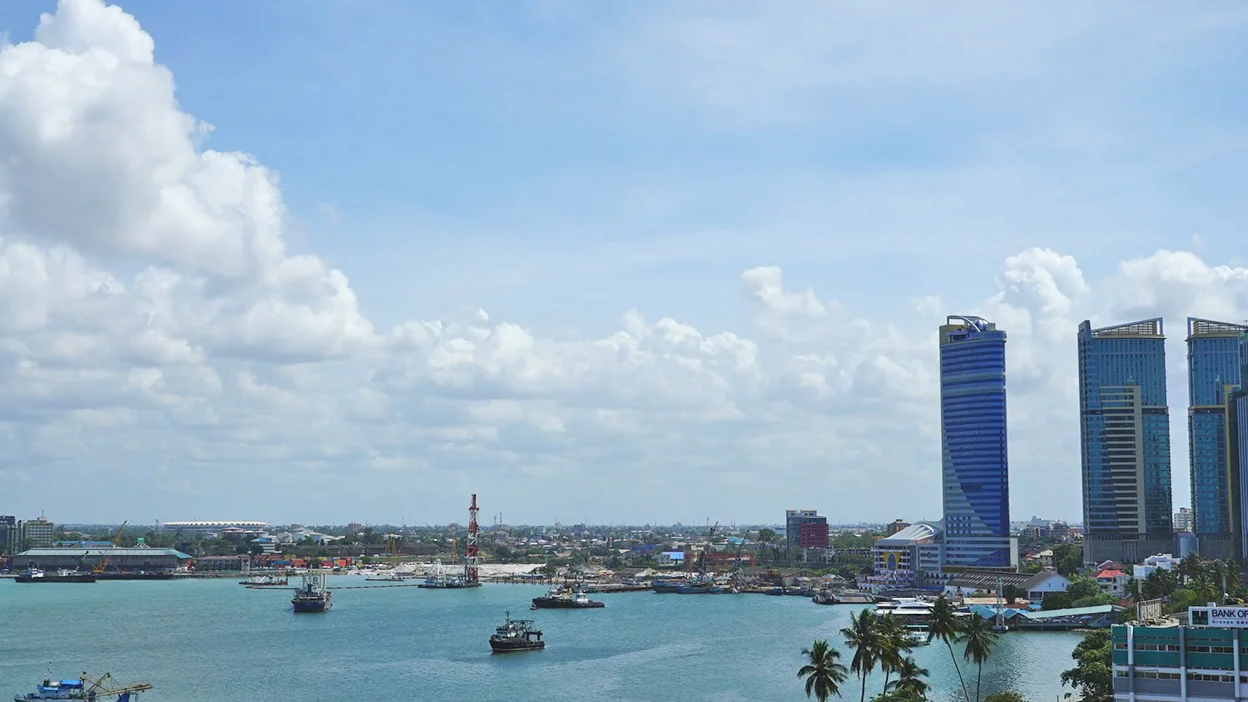
For many travelers, the word “Africa” might bring to mind sensational headlines of conflict, poverty, or instability. While it’s true that certain regions face political or economic challenges, painting the entire continent with a broad brush is not only unfair—it’s flat-out inaccurate.
Africa is immense, made up of 54 countries, each with its own identity, culture, landscape, and level of safety. Many African nations are not only safe for travelers but are also among the most beautiful, welcoming, and awe-inspiring destinations on the planet.
From pristine beaches and wildlife-packed safaris to buzzing cities and remote deserts, here are 10 of the safest countries in Africa to explore in 2025, based on firsthand traveler experiences, crime data, and cultural richness.
1. Botswana
Best for: Epic safaris, self-drive adventures, and nature lovers.
Botswana has earned a well-deserved reputation for political stability, low corruption, and safety, especially in comparison to its neighbors. It’s also one of the top countries on the continent for wildlife tourism.
The Okavango Delta, a UNESCO World Heritage site, is a lush oasis teeming with elephants, lions, leopards, and hippos. Meanwhile, Chobe National Park offers thrilling boat safaris and enormous elephant herds.
“Largely safe, but as an American woman, I did get a lot of unwanted attention. A taxi driver once drove me to show me off to his friends instead of my destination… Just be aware—risks are being a woman in any country, and this was more intense than most.”
— Solo female traveler’s perspective
Insider Tip: Use trusted taxi apps or ask hotels to arrange transportation. In towns like Maun and Kasane, shared minibuses called combis are affordable and typically safe for short routes.
2. Rwanda
Best for: Gorilla trekking, clean cities, and eco-conscious travelers.
Since the tragic genocide of 1994, Rwanda has undergone a remarkable transformation. Today, it is one of Africa’s cleanest, safest, and most progressive nations—earning it the nickname “The Singapore of Africa.”
The capital, Kigali, is impressively organized, with modern infrastructure and a growing art and coffee scene. But the real magic lies in the misty mountains of Volcanoes National Park, home to the endangered mountain gorilla.
“Safe, clean, and modern—with some of the best jungles in the world.”
— Recent traveler
Did you know? Plastic bags are banned in Rwanda. It’s part of the country’s commitment to environmental sustainability.
3. Mauritius
Best for: Couples, beach bums, foodies, and solo travelers.
Tucked away in the Indian Ocean, Mauritius is often overlooked in favor of more high-profile islands. But it’s a multicultural gem with turquoise lagoons, French-colonial towns, and a harmonious blend of African, Indian, Chinese, and European influences.
Crime rates are low, locals are multilingual (English and French are widely spoken), and the atmosphere is one of laid-back luxury.
“We are nice people, have a beautiful country, and we speak both English and French! And yeah, we’re an island with beautiful beaches! ✌️”
— Proud local
Top Activities: Snorkeling in Blue Bay, hiking in Black River Gorges National Park, and exploring the colorful markets of Port Louis.
4. Namibia
Best for: Solo road trips, desert landscapes, and photographers.
Namibia is a dream come true for travelers seeking vast, cinematic scenery without crowds. It’s one of the few African countries where self-driving is not only safe but highly recommended thanks to good infrastructure and low population density.
You’ll find towering red dunes in Sossusvlei, shipwrecks along the Skeleton Coast, and surreal wildlife in Etosha National Park, where animals gather around dramatic salt pans.
“All the touristy parts of Namibia feel really safe. Everyone is very friendly, and the roads are actually really good (and mostly empty).”
— Road trip traveler
Safety Tip: Stick to daylight driving in rural areas to avoid wildlife crossings. 4WD is needed for some routes but not all.
5. Ghana
Best for: Cultural immersion, history buffs, and first-time Africa travelers.
Often called “Africa for beginners”, Ghana offers warm hospitality, democratic stability, and a strong national identity. It’s especially popular with the African diaspora thanks to its “Year of Return” tourism campaign that celebrates Pan-Africanism and Black heritage.
“Ghana is f***ing incredible. It’s going through a rough patch, but the people remain friendly, it’s stable, and gives you a fun traditional African vacation.”
— Enthusiastic traveler
Explore Cape Coast Castle for a sobering yet essential look at the slave trade, soak up local rhythms in Accra, or unwind in chill beach towns like Busua and Kokrobite.
Tip: English is the official language, making it easy to communicate and connect.
6. Senegal
Best for: Art, music, and laid-back city vibes.
West Africa’s Senegal is a vibrant melting pot where tradition meets innovation. Its capital, Dakar, is one of the continent’s liveliest cities—bursting with fashion, art galleries, music festivals, and street food.
But what sets Senegal apart is its deep-rooted concept of Teranga, the Wolof word for hospitality. Whether you’re staying in a beach hut or a boutique hotel, you’ll feel genuinely welcomed.
“I never once felt unsafe in Dakar. People were kind, curious, and helpful. And the music scene is unreal.”
— Solo traveler from Canada
Don’t Miss: A visit to Île de Gorée, a UNESCO World Heritage site that played a major role in the transatlantic slave trade.
7. Tanzania
Best for: Wildlife, culture, and unforgettable island escapes.
Home to Mount Kilimanjaro, the Serengeti, and the exotic spice island of Zanzibar, Tanzania is one of the most adventure-packed destinations in Africa.
“Just lived there for 2 years… absolutely my favorite place I’ve ever lived. The food is killer, the culture is open, and Swahili is forgiving if you want to learn!”
— Former expat
Swahili is the national language, and learning a few phrases will open doors—especially outside major cities. While Dar es Salaam and Arusha are bustling and occasionally chaotic, most tourist zones are safe and well-patrolled.
Budget Tip: Avoid overpriced tours and book directly through local operators for safaris and treks.
8. Zambia
Best for: Peaceful safaris, waterfalls, and off-the-beaten-track travelers.
Zambia is one of Southern Africa’s hidden gems. While many tourists flock to Zimbabwe to see Victoria Falls, Zambia offers equally stunning views and a calmer, safer experience on the Zambian side.
Zambia’s game parks—especially South Luangwa and Lower Zambezi—offer intimate, uncrowded wildlife encounters with excellent guides.
“Zambia feels like a secret. There are no crowds, the people are warm, and the wildlife is next level.”
— Safari traveler
Tip: Stay in eco-lodges run by local communities for an authentic, sustainable experience.
9. Seychelles
Best for: Honeymoons, snorkeling, and remote island getaways.
Floating in the Indian Ocean, Seychelles is a paradise of powdery white beaches, lush hills, and vibrant coral reefs. It consistently ranks as one of the safest countries in Africa with extremely low crime rates and high standards of living.
Whether you’re hopping between Mahé, Praslin, and La Digue or simply lazing in a beachside hammock, Seychelles is ideal for travelers seeking serenity with a splash of luxury.
“I walked alone at night multiple times and never once felt unsafe. The people are lovely.”
— Solo female traveler
Bonus: There’s no visa required for most nationalities, and public transport on Mahé is reliable and cheap.
10. Malawi
Best for: Slow travel, lake lovers, and community-minded tourists.
Dubbed “The Warm Heart of Africa”, Malawi is one of the most underrated destinations on the continent. It’s best known for Lake Malawi, a vast freshwater lake that offers snorkeling, kayaking, and sleepy beach towns like Nkhata Bay.
Beyond the lake, Malawi is packed with mountains, tea plantations, and national parks—all with a friendly, laid-back vibe.
“People go out of their way to help you. I was invited to dinner by strangers more than once.”
— Backpacker’s journal
Travel Tip: Use minibuses or private taxis for long distances, and visit local villages with a guide to support responsible tourism.
Is It Safe to Travel to Africa?
Absolutely. But like any travel destination, Africa requires thoughtful planning, situational awareness, and respect for local customs. Safety levels vary widely not just between countries but also within them. That’s why doing your research is essential.
These ten countries represent some of the most stable, welcoming, and traveler-friendly parts of Africa in 2025. Whether you’re spotting lions in Botswana, dancing to Afrobeat in Senegal, or snorkeling off the coast of Mauritius, you’ll discover a continent rich with diversity, resilience, and joy.
Quick Tips for Safe Travel in Africa
-
Check local travel advisories for your country.
-
Avoid night travel, especially by road in rural areas.
-
Dress modestly in conservative areas to avoid unwanted attention.
-
Use official guides or tour operators for wildlife experiences.
-
Keep digital and printed copies of your passport and visa.
Ready to Explore?
Africa is not a monolith—and it’s certainly not defined by danger. With an open heart and informed mindset, your African journey can be one of the most transformative, soul-stirring adventures of your life.
So pack your bags and bring your curiosity—Africa is waiting.

